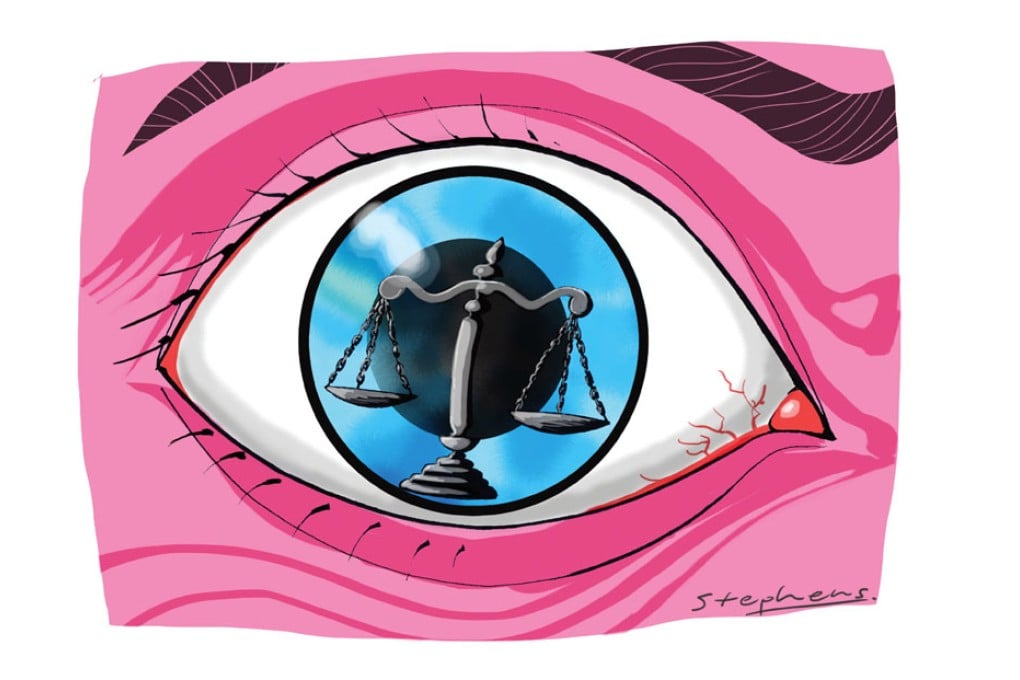Under rule of law, an independent judiciary answers to no political masters
Andrew Li says judicial independence goes beyond notions of patriotism, as judges are duty-bound to be fair. Hong Kong must remain vigilant to ensure the rule of law continues to thrive

The community is expecting anxiously the determination of the Standing Committee of the National People's Congress on the method of electing the chief executive in 2017. When it is made, the process of political reform will advance to a further stage.
Like many of my fellow citizens, I am worried about the increasing polarisation in society today. In the coming months, I hope that there will be rational discussions within the parameters of the Basic Law and that all activities will be conducted within the law. Above all, I hope that all involved will wisely and pragmatically engage in the art of compromise, which is the essence of politics and is in the best interests of the community.
As a former chief justice, it would be inappropriate for me to enter the political arena to engage in this challenging discussion. What I wish to do is to reflect on the rule of law and judicial independence in Hong Kong today.
The rule of law with an independent judiciary is universally recognised as a cornerstone of our society under "one country, two systems". It is a core value which lies at the heart of our separate systems.
It involves three fundamental principles. First, under the rule of law, everyone - both those who govern and those who are governed - is subject to the same laws. This is in contrast to the idea of "rule of man".
Secondly, disputes between citizens and between citizens and government are resolved fairly and impartially by an independent judiciary. Judicial independence is integral to the rule of law, and such independence has two aspects: one, the judiciary is institutionally independent from the executive and the legislature; two, each judge is independent, whether sitting alone or in a collegiate court consisting of more than one judge.